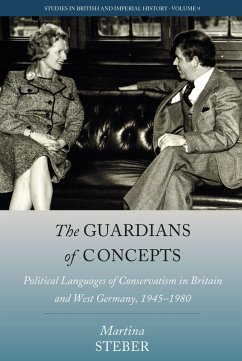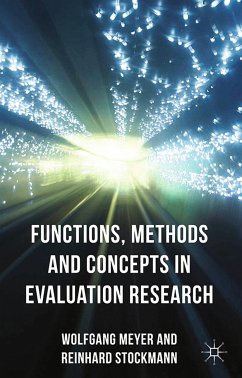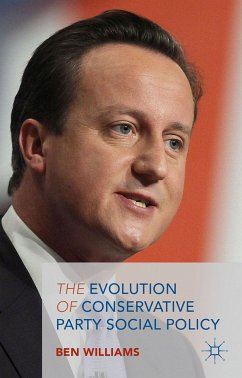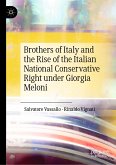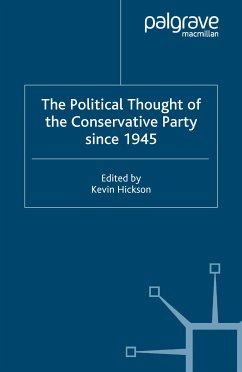Since 1945, what 'conservative' means has troubled intellectuals, politicians and parties in the United Kingdom and West Germany. In Britain conservatism was an accepted term of the political vocabulary, denoting a particular tradition of political thought and practice. In West Germany, by contrast, conservatism was a difficult concept for the young democracy to swallow. It carried a heavy antiliberal and antidemocratic burden and led people to question whether there was a place for conservatism within democratic culture after all.
The Guardians of Concepts scrutinizes the debates about conservatism in the UK and the Federal Republic of Germany from the late 1940s to the early 1980s. Informed by historical semantics, it conceives of conservatism as a flexible linguistic structure, and shows the importance of language for the self-understanding of many conservatives, who not by chance, have regarded themselves as the guardians of concepts. The intense national and transnational debates about the meaning of conservatism had far-reaching consequences and continue to influence politics today.
The Guardians of Concepts scrutinizes the debates about conservatism in the UK and the Federal Republic of Germany from the late 1940s to the early 1980s. Informed by historical semantics, it conceives of conservatism as a flexible linguistic structure, and shows the importance of language for the self-understanding of many conservatives, who not by chance, have regarded themselves as the guardians of concepts. The intense national and transnational debates about the meaning of conservatism had far-reaching consequences and continue to influence politics today.
Dieser Download kann aus rechtlichen Gründen nur mit Rechnungsadresse in A, D ausgeliefert werden.

